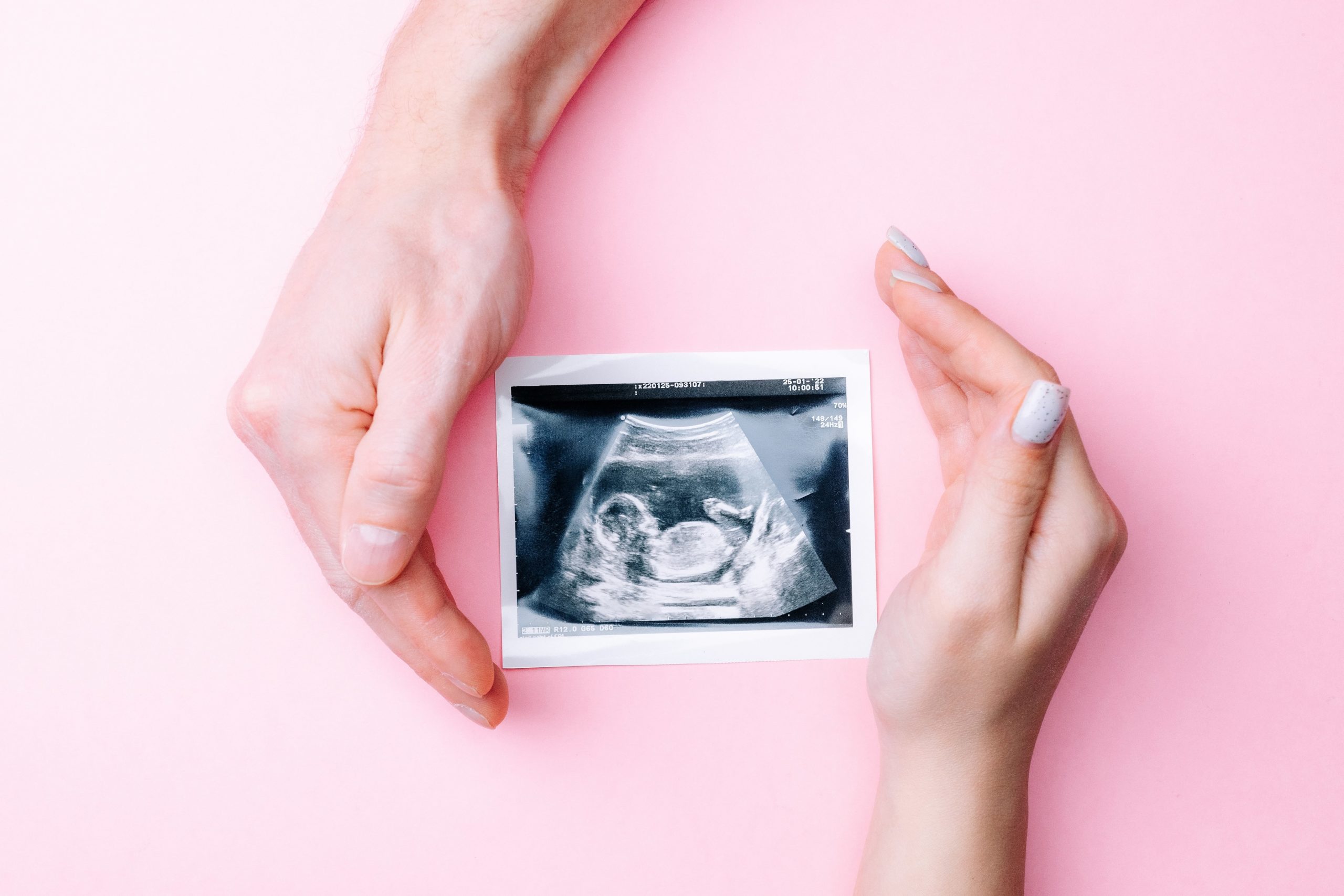Expectant mothers are more susceptible to various viral, bacterial and other types of infections compared to regular people. Being aware and taking precautions is significant in ensuring the health of mother and baby
Pregnant women are at increased risk of acquiring infections because of the lower immunity levels.According to Dr Teena Thomas, Consultant Obstetrician and Gynaecologist at Motherhood Hospitals, it is common for pregnant women to catch infections as their immunity is generally low. Urinary tract Infections and conditions such as bacterial vaginosis are quite common but with the right advice and medical treatment, these types of problems during pregnancy can to resolved, says Dr Thomas.
At Motherhood Hospitals, doctors strive to ensure that all expectant mothers get the best quality care and assistance. All the necessary diagnostic tests are carried out for early detection of any infection and timely treatment is given for the same.
There are different types of infections that might affect women in pregnancy. These can be categorised into
VIRAL INFECTIONS
- Chicken Pox This infection is rarely seen in pregnant women, as most people get chicken pox in childhood and because of this become naturally immune to the virus. But in women who have never been affected, there are chances of getting it during pregnancy. If affected by the chicken pox (varicella) virus, pregnant women are at risk of contracting pneumonia. It can be dangerous for the newborn if the virus affects the expectant mother at the end of the 1st trimester or very close to the delivery. In the first trimester, there is a one per cent chance of the baby developing a serious condition called Varicella syndrome, a rare condition in infants that results in low birth weight and certain developmental/brain abnormalities and hence may require terminations. If the mother is diagnosed with chicken pox very near to the delivery time, then there is a risk of the baby also getting infected.
- Cytomegalovirus (CMV) It is a common virus, belonging to the Herpes virus family and many people get infected by it at some point in their lives. But it rarely causes any symptoms. While CMV infection is quite rare, it can be a cause of concern in pregnancy, as 1-4 in 100 babies can get infected by the virus through their mothers. It may cause flu-like symptoms in the pregnant woman. Most infected babies don't have any problems but some may have congenital abnormalities including hearing loss, visual impairment and so on. The virus can be detected with a blood test and treated accordingly.
- Hepatitis B (HBV) This virus is highly infectious and can be blood borne or sexually transmitted. It can cause liver problems later in life. Pregnant women who are infected by the virus can pass it on to the foetus. So babies at risk should be immunised at birth with HBV vaccine as this is 90-95 per cent effective in preventing the disease.
- Hepatitis C This virus is also passed on through the blood or sexually transmitted. If the mother passes on the infection to the newborn, medical assessment needs to be done and care is provided.
- Herpes This viral infection can be of different kinds, most commonly oral herpes and genital herpes. Primary genital herpes is diagnosed by actively present blisters and ulcers in the vaginal area particularly dangerous for the baby and it can be passed on during a vaginal delivery. Normally, doctors advise a Caesarean section delivery to prevent transmission.
- HIV A test for the virus is offered as part of antenatal care to all mothers. An HIV positive pregnant woman can pass on the infection to her baby. But constant monitoring and active treatment from 28 weeks of pregnancy, apart from an elective C-section can bring down the risk of transmission. Late booking patient's treatments can also be commenced at 36 weeks in labour.After birth also the baby is monitored for some time to rule out transmission, says Dr Thomas.
- Parvovirus This is rare type of virus but if there is primary infection during pregnancy, the expectant mother might have mild rash and fever. Some complications of Parvovirus include miscarriage or the fetal anaemia. There is a test to diagnose the infection and can be treated with medications and requires fetal monitoring.
- Rubella It is a contagious infection caused by the Rubella virus which causes fever, rashes, sore throat and swollen glands. In India, rubella infection is very rare as it is part of the standard immunisation plan. But Primary Rubella affects the mother in the first half of pregnancy it can lead to serious complications in the baby including blindness and mental retardation. In the later part of the pregnancy, it can result in pre-term labour.
PARASITIC
Toxoplasmosis This is the most common parasitic infection seen during pregnancy and is caused by the parasite Toxoplasma gondii, found in cat faces. If the pregnant mother comes in contact with the parasite, by handling cat litter or eating raw contaminated food, there is a risk of passing it on to the foetus. The infection is dangerous in pregnancy as it can cause stillbirth, miscarriage and congenital abnormalities in the baby. Such infections can be easily prevented by taking necessary precautions but if the pregnant woman is found to be infected, antibiotic medications are administered till delivery.BACTERIAL
Urinary tract infection (UTI) The most common infection in pregnancy, it is an infection of the urinary tract caused by bacteria which causes burning sensation, fever and chills.Most women are checked for UTIs during antenatal screening and treated accordingly, Asymptomatic bacteria (without symptoms) also needs to be treated. It can cause complications such as low birth weight and preterm labour . Bacterial Vaginosis (BV) This is an infection caused by overgrowth of hormonal commensal bacteria of the vagina and is typically characterised by fishy odour in the vaginal discharge. BV in pregnancy can lead to complications such as preterm labour, miscarriage and premature rupture of the membrane and hence requires prompt treatment with Antibiotics. Group B Streptococci This is a bacterial infection that is mostly asymptomatic but in some pregnancies, it can cause serious complications in the baby. It results in preterm labour and premature rupture of membrane. All the three bacterial infections can be treated successfully with antibiotics. Sexually Transmitted Diseases (STDs) There are a few common sexually transmitted diseases such as Gonorrhoea and Chlamydia that when present in a pregnant woman can cause problems. Complications include preterm labour, miscarriage & new-born infections. STDs should be diagnosed and detected early and treated with medications.HOW TO PREVENT INFECTIONS
Sometimes a little bit of care and sound advice from the gynaecologist can go a long way in preventing harmful infections during pregnancy. According to the Centers for Disease Control and Prevention, simple measures can prevent infection. These include- Washing your hands often especially after touching raw food and meat, using the bathroom, playing with children, touching dirt and soil
- Avoid eating uncooked food and raw and processed meat.
- Drink lots of water to prevent UTIs. (around 2.5 l/ day)
- Stay away from animal droppings and cat litter.
- Get checked for infections such as HIV, STDs and Hepatitis B
- Make sure to get vaccinations
- Healthy diet and lifestyle remains till date the key to prevent it.



















No comment yet, add your voice below!